Autism Acceptance Month: 6 Ways to Advocate for Inclusion
Tips for how we can each take steps towards a more inclusive world. Plus, check out our recommended books for different age ranges to promote autism awareness and acceptance.

It's National Autism Awareness month, so let's talk about this important topic that affects 1 in 36 children in the U.S. According to the Centers for Disease Control and Prevention (CDC), and probably many more where it continues to go undiagnosed.
Awareness is great, but let's take it one step further, and advocate for Autism Acceptance Month! Here are some ways we can encourage acceptance and inclusion of individuals with ASD in our communities.
Diversify our children's bookshelf
We already try to choose books with characters of different races, ethnicities, religions and genders, but let's also include books that focus on varying abilities, like ASD. Reading books that celebrate characters from diverse backgrounds is a perfect way for us to engage our children in conversations about acceptance and inclusion from a very young age. This list is a fantastic place to start: 10 children's books that accurately portray what it could look like to be autistic.
Books for Autism Acceptance: Ages 3-6
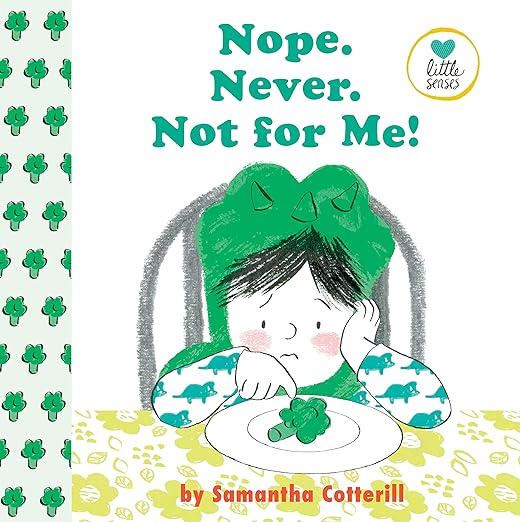

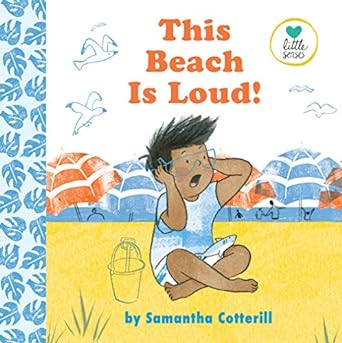

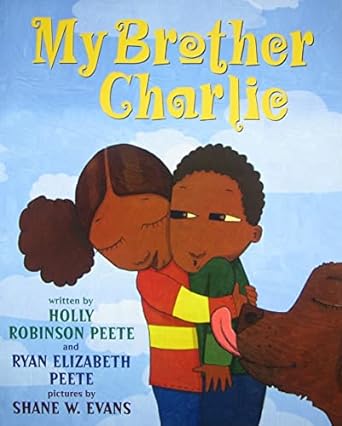
Educate with grace
We've all been in a public setting where our child stares at someone who looks different or behaves differently, or they might innocently (albeit mortifyingly) ask, "What's wrong with that person?" Instead of dismissing your child's reaction, use it as an opportunity to educate them about differences and build understanding. If you see a child with ASD engaging in motor and/or vocal stereotypy, like spinning in circles while humming repetitively, you could say, “Sometimes people do different things when they’re feeling different emotions. It looks like she’s feeling happy. What do you do when you feel happy?”
Books for Autism Acceptance: Ages 4-8

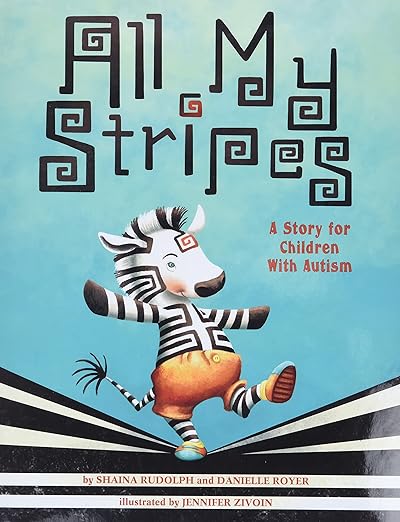

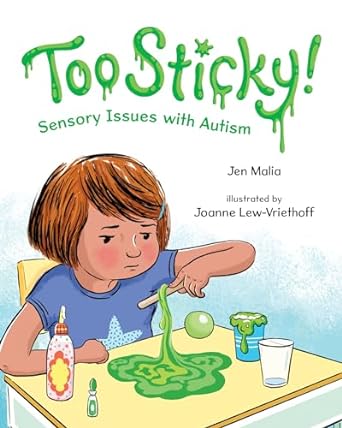
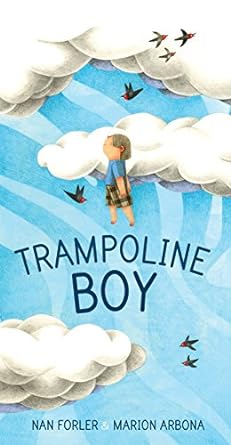
Respect personal choices
Using language that is appropriate to an individual is crucial. For instance, some people with autism prefer to be referred to as "autistic person" as they believe that autism is an inseparable part of their identity. Conversely, many professionals and parents use person-first language like "person with autism" to emphasize the individual's humanity before their disability. Following their lead to shows respect for their preferences and identity.
Focus on strengths, not just challenges
While people with ASD might face some struggles and need support, it's important to look out for their strengths as well! Some might have intense interests, like being all about tech or animals. This level of intensity could sometimes get in the way of making friends and keeping relationships going, but if they can find a group or activity that's related to their interest, it can be a great way to meet new people and form lasting friendships. Embracing what someone with ASD enjoys and is good at can really help them feel good about themselves and what they can do.
Books for Autism Acceptance: Ages 8-12

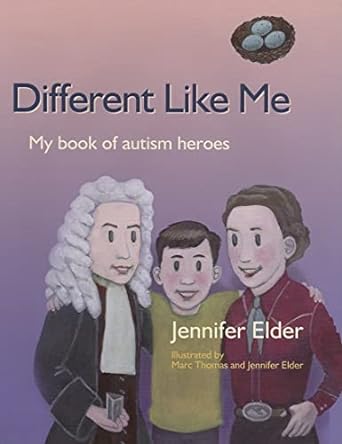
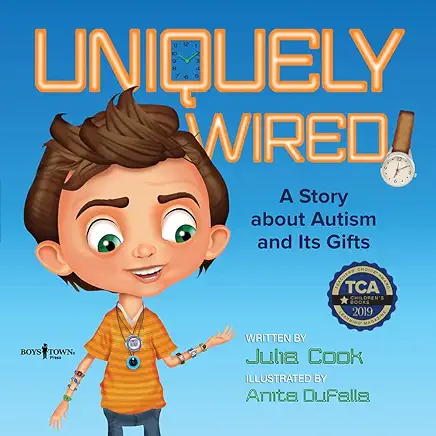
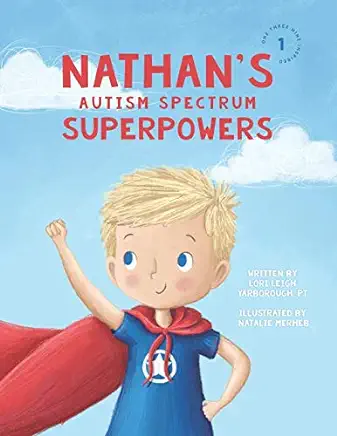

Expand our social circles!
Many children with ASD and other special needs are socially excluded because their behaviors might fall outside societal norms or they just might not enjoy typical social activities in the same way as their peers. Expanding our networks of friendships and activities to include individuals with different abilities, like ASD, is not only kind, but it can also provide opportunities to connect and learn from others with different backgrounds and experiences. This broadens perspectives of the world and teaches open-mindedness to new ideas, beliefs, and values.
Be an advocate
Finally, we can advocate to provide meaningful opportunities for individuals with ASD. While children with ASD often receive support at school, the same supports aren't necessarily guaranteed in the community, like during extracurricular activities or at places of worship. If you see another parent advocating for accommodations for their child with ASD, like creating a sensory-friendly space or recreational programs designed to meet special needs, then have their back.
Offer support through listening and learning from those with autism, and consider personally reaching out to those in charge who can make accommodations happen. Beyond inviting individuals with ASD to social gatherings, we can make a difference by helping to promote and create opportunities to include teens and adults with ASD in the workplace. Let's work together to create a more inclusive world!




Comments ()